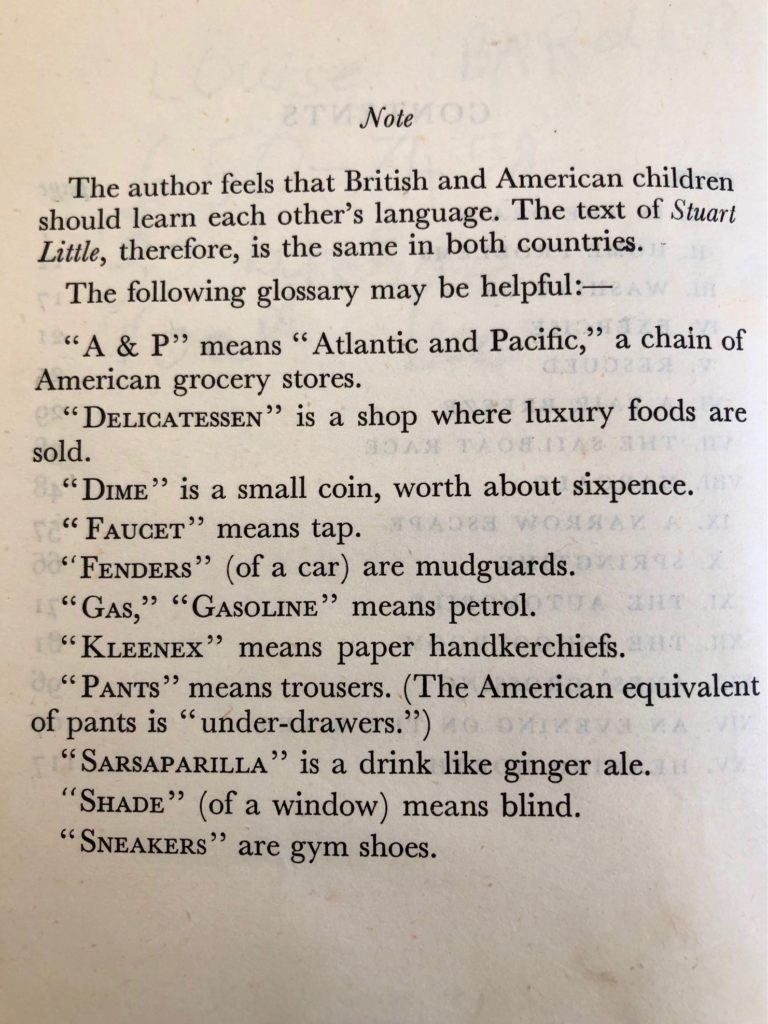
The New York Times explains it all:
“When the W.H.O. began to name emerging variants of the coronavirus, they turned to the Greek alphabet — Alpha, Beta, Gamma, Delta and so on — to make them easier to describe. The first “variant of concern,” Alpha, was identified in Britain in late 2020, soon followed by Beta in South Africa.
“But veterans of American sorority and fraternity life might have noticed the system has skipped the next two letters in the alphabetical order: Nu and Xi.
“Officials thought Nu would be too easily confused with “new,” but the next letter, Xi, is a bit more complicated. W.H.O. officials said it was a common last name, and therefore potentially confusing. Some noted that it is also the name of China’s top leader, Xi Jinping.
“A spokesman for the W.H.O. said the organization’s policy was designed to avoid “causing offense to any cultural, social, national, regional, professional, or ethnic groups.”
“Next in line? Omicron.”
From Omicron: What Is Known – and Still Unknown by Andrew Jacobs, New York Times, Dec 2, 2021
* * * * *









